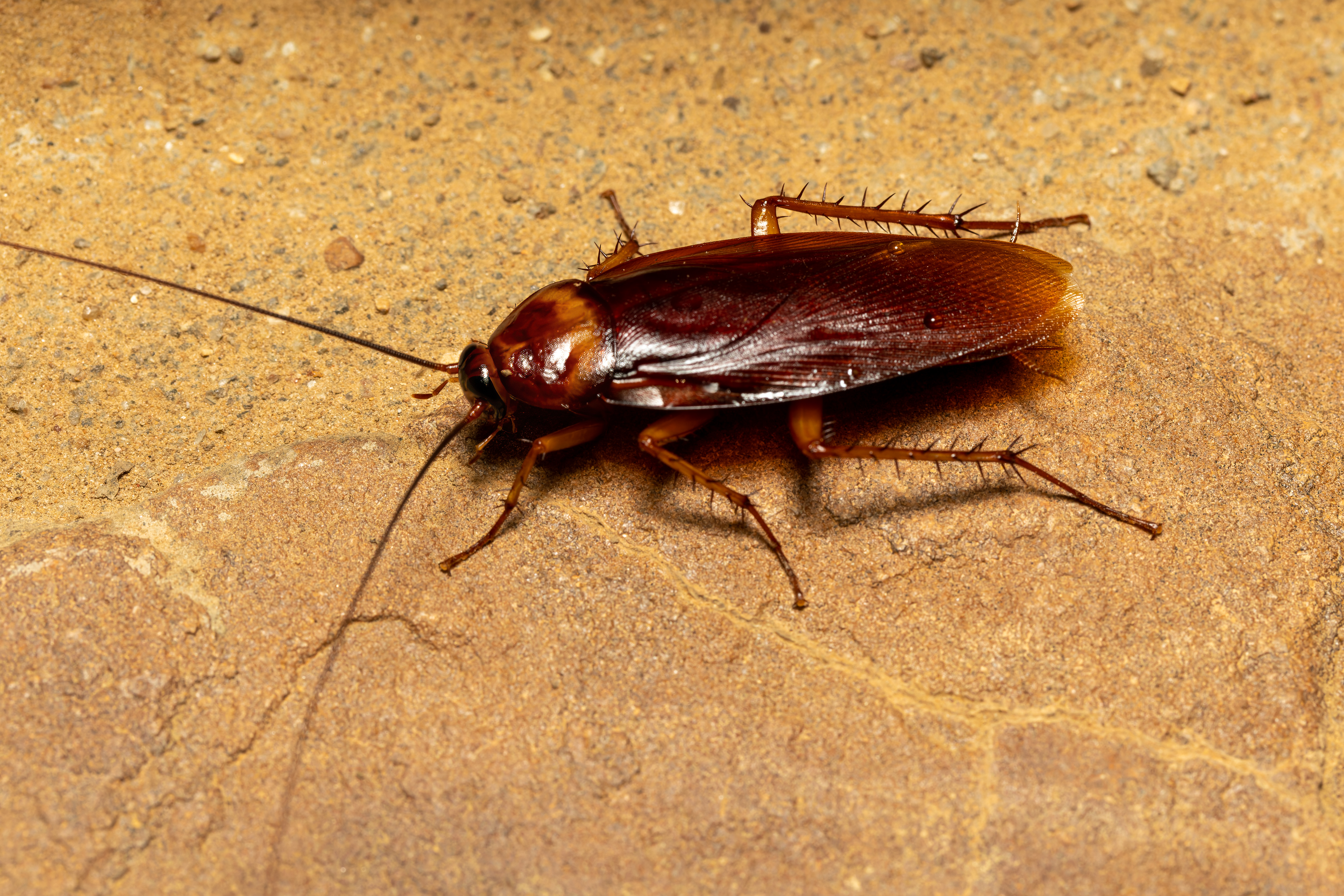Exploring Different Pest Control Techniques to Attain Long-Term Success in Managing and Preventing Invasions in Residential Areas
Reliable insect control in suburbs necessitates a multifaceted method that stabilizes instant results with long-term sustainability. By examining a series of methodologiesâEUR" including environment-friendly solutions, chemical options, and Integrated Insect Administration (IPM) âEUR" house owners can develop strategies that not just address current invasions but additionally protect against future occurrences. This expedition exposes the potential of cutting-edge methods and arising modern technologies that may redefine traditional parasite administration. What might these developments involve, and how can they change our understanding of insect control?
Understanding Pest Control Techniques
Although insects have existed along with human beings for centuries, the methods utilized to control them have evolved dramatically in time. Understanding these approaches is vital for successfully taking care of and preventing invasions in residential areas. Insect control strategies can be extensively classified into three key methods: cultural, mechanical, and chemical.
Social methods concentrate on modifying the environment to lower insect tourist attraction and reproduction. Mechanical control entails physical barriers and traps to handle parasites straight, such as displays, vacuums, and sticky traps.
Chemical control continues to be one of the most extensively made use of techniques, entailing the application of chemicals to remove parasites. While effective, this approach demands careful consideration of security, potential resistance growth, and environmental influence. Integrated Bug Monitoring (IPM) combines these methods to create a holistic method, promoting long-term insect avoidance and marginal harm to helpful organisms. By understanding these various parasite control methods, house owners can make informed decisions that advertise effective management and conservation of their space.
Eco-Friendly Pest Control Solutions
How can homeowners effectively manage pest troubles while lessening their ecological effect? Green pest control services provide a lasting choice to traditional techniques, focusing on the health and wellness of both residents and the surrounding environment. These options frequently use all-natural active ingredients and methods that interrupt parasite actions without introducing dangerous chemicals right into the atmosphere.
One effective strategy is using helpful insects, such as ladybugs and lacewings, which exploit usual pests like aphids and termites. Furthermore, diatomaceous planet, an all-natural powder made from fossilized algae, can be sprinkled in areas where pests prevail, serving as a desiccant that damages pests while continuing to be secure for human beings and pet dogs.
Additionally, implementing safety nets is critical. roach control near me. Home owners can make certain correct hygiene by securing entrance points, maintaining tidy living spaces, and handling waste properly. Growing pest-repellent herbs, such as mint and basil, can likewise discourage unwanted visitors
Eventually, environment-friendly visit this site right here bug control services encourage house owners to resolve infestations properly, promoting a safer living setting while promoting environmental equilibrium. By welcoming these methods, people can add to a healthier world while successfully taking care of pest-related issues.
Chemical Parasite Control Options
While green solutions are progressively popular, there are situations where chemical parasite control options might be required for efficient monitoring of severe infestations. Chemical controls, consisting of pesticides, fungicides, and herbicides, are typically made use of to rapidly minimize parasite populaces and alleviate damage to homes and yards.
These items can be classified right into two main groups: synthetic chemicals and all-natural chemicals. Artificial chemicals, such as pyrethroids and neonicotinoids, are crafted to target specific bugs, supplying fast knockdown results. Alternatively, natural chemicals, stemmed from plant or mineral resources, may use a much more eco pleasant alternative while still delivering efficient outcomes.
Before employing chemical bug control, it is important to perform a thorough analysis of the infestation and recognize the certain parasite involved. This guarantees that the selected chemical is both effective and ideal. Additionally, property owners need to abide by security standards, including appropriate application methods and personal protective equipment, to minimize health and wellness dangers and environmental effect.
Integrated Insect Administration Strategies

Organic control entails the use of all-natural killers or parasites to handle parasite populations. Physical controls, like traps or obstacles, can prevent insects from getting in homes or damaging plants.
Monitoring and evaluation are essential components of IPM, enabling for prompt treatments based on pest population thresholds. By prioritizing preventative measures and utilizing a mix of methods, IPM not just addresses current infestations but also promotes lasting parasite monitoring solutions that safeguard both human health and the atmosphere. This thorough approach is necessary for lasting parasite control in houses.
Arising Technologies in Bug Control
The arrival of arising modern technologies in bug control is reinventing the means we handle pest populaces, supplying cutting-edge services that boost effectiveness and effectiveness. Advancements in accuracy agriculture, as an example, use information analytics and sensor modern technologies to check parasite task and environmental conditions, enabling targeted treatments that decrease chemical use.
Additionally, drones equipped with imaging modern technology are being used to survey big locations for problems, supplying find more information real-time information that help in timely decision-making. Furthermore, biotechnology is playing an essential role, with the growth of genetically customized organisms you could try these out (GMOs) made to minimize insect populaces while preserving useful species.

Finally, clever catches and keeping an eye on tools equipped with IoT capabilities make it possible for property owners and bug control specialists to obtain instantaneous alerts about bug task, promoting prompt action. Collectively, these emerging modern technologies not just boost parasite management outcomes yet also add to environmental sustainability by decreasing reliance on traditional chemical treatments.

Verdict
In conclusion, effective pest control requires a complex strategy that incorporates cultural, mechanical, and chemical strategies. The combination of these approaches is essential for achieving long-lasting success in parasite monitoring.